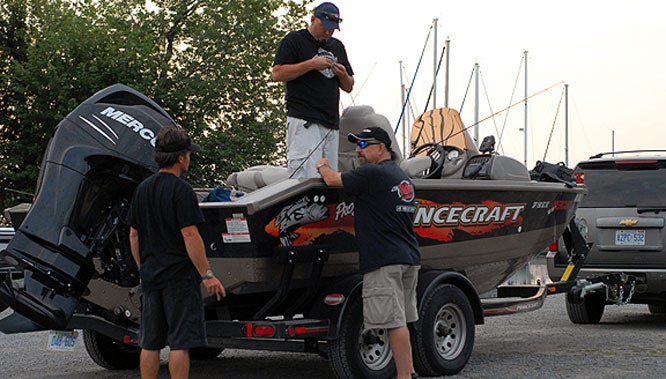
Launching the boat can be one of the most stressful parts of a day on the water, but it doesn’t have to be this way. If you’re prepared and systematic, launching is quick and easy. Here are 10 tips to streamline the whole boat launching process.
1. Load up First
Boat launches are busy places, so be courteous and prepare for your day afloat in a nearby parking lot rather than on the ramp itself. That’s where you can remove the travel cover from the boat, and transfer all your gear from the vehicle to the boat. Apart from saving you from having to haul coolers and other gear any farther than you need to, it keeps the ramp clear for people who are actually launching.
2. Be Prepared
Make sure you’re ready to launch before you back down the ramp. Is the drain plug in and tightened securely? Did you remove all the tie-downs from the trailer? Have you secured your fenders in place to protect the boat from scuffing against the dock? Did you attach the dock lines?

Load your boat and prepare for your day in a nearby parking lot or a designated staging area, so you can leave the actual ramp free for other people to use.
3. Perform a Walk-Around Inspection
Before you head for the water, perform a final walk-around inspection to ensure everything is ready for launch. This is your last chance to notice that remaining tie-down strap, or the missing drain plug.
4. Inspect the Ramp
Visually inspecting your boat and trailer is important, and so is performing a quick inspection of the ramp itself. You’ll want to check the water level to see if it’s unusually high or low. Pay attention to the direction of any current. Check for the presence of any debris or broken glass that could puncture a tire. And check the dock itself for any damaged bits that could scratch your boat or injure one of your crew.
5. Take Your Time
Take your time loading the boat and preparing for launch, especially if you’ve driven a long distance to get to the boat ramp. Immediately submerging hot wheel bearings into cold water can accelerate bearing failure. Giving them a few minutes to cool off before they go in the water can extend bearing life. It also prevents them from seizing altogether, which makes it very difficult to pull the trailer out of the water.
6. Disconnect the Lights and Safety Chain
Take a moment to disconnect the trailer lights before you back down into the water, to avoid a short circuit. If your trailer has surge brakes, this should automatically cancel out the circuit that applies the brakes, which would otherwise prevent you from being able to back up. This is also a good time to disconnect the trailer’s safety chain.
7. Communication is Key
If you have new guests, let them know your launch procedure beforehand, so they can either help or stay out of the way. This is especially important if there are young children or pets in your party. For their own safety, children and pets should be kept clear of the launch area until it’s time to board the boat.
8. Drive or Walk?
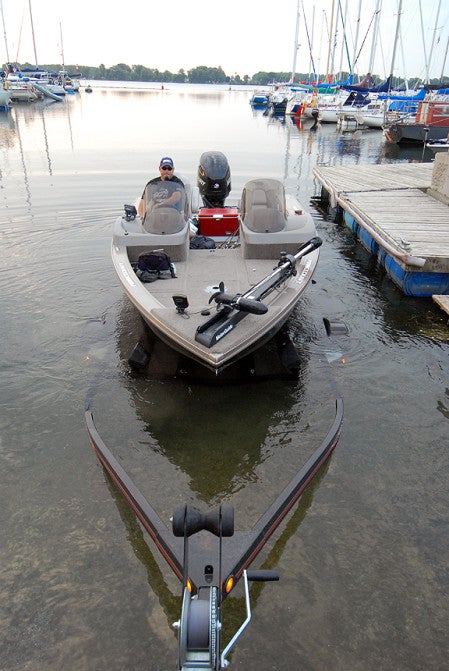
When the ramp is busy, having someone start the engine and idle the boat away from the dock while you park frees the area for someone else to use.
Will you have a companion drive the boat off the trailer, or simply float it free and have someone on the dock hold it while you park the tow vehicle? When the ramp is busy, having someone start the engine and idle the boat away from the dock while you park frees the area for someone else to use. After you’ve returned to the dock, they can pull in to the dock to collect you.
If your companion will hold the boat at the dock while you park, ask them to move the boat to the end of the dock so the next person in line can launch behind you.
9. Back Down Carefully
The boat ramp is not the place to learn how to reverse with a trailer on the vehicle. Practice in an empty parking lot until you’re confident driving in reverse and maneuvering in confined quarters with a trailer in tow. Then when the time comes to actually launch your boat, you’ll be confident enough to do it with ease.
One trick for backing up is to grip your tow vehicle’s steering wheel with only one hand, placed at the bottom of the wheel. When reversing, the trailer will go in the same direction that you move your hand.
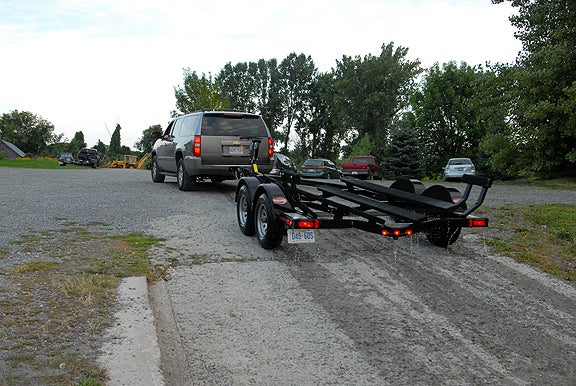
After you’ve launched the boat, pause for a moment to allow time for the boat to clear the trailer. Then drive ahead slowly until you’re clear of the actual ramp.
10. Look Before You Leave
As the boat floats off the trailer, pause for a few seconds before you put the vehicle in forward gear and slowly pull out. This will allow time for the boat to drift clear of the trailer. Drive forward slowly until you’re clear of the ramp.





 Fort Lauderdale International Boat Show Preview
Fort Lauderdale International Boat Show Preview 10 Best New Boat Accessories at IBEX 2021
10 Best New Boat Accessories at IBEX 2021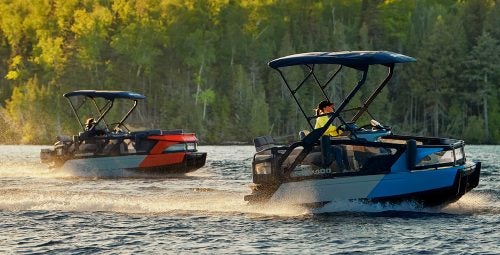 2022 Sea-Doo Switch Pontoon Boat Lineup Unveiled
2022 Sea-Doo Switch Pontoon Boat Lineup Unveiled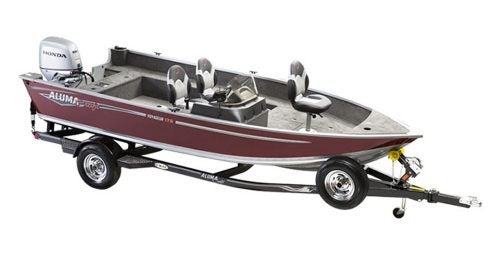 BRP Enters Fishing Boat Market with Purchase of Alumacraft Boat
BRP Enters Fishing Boat Market with Purchase of Alumacraft Boat Volvo Commits To Electric Power By 2021
Volvo Commits To Electric Power By 2021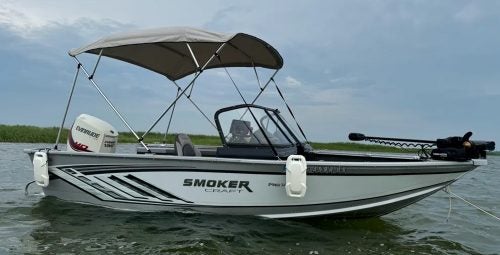 Kemimoto 4 Bow Bimini Top and Boat Bumper Review
Kemimoto 4 Bow Bimini Top and Boat Bumper Review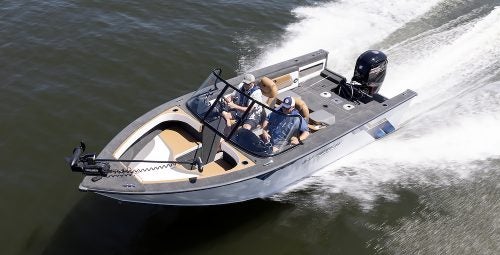 Starweld Victory 20 Review
Starweld Victory 20 Review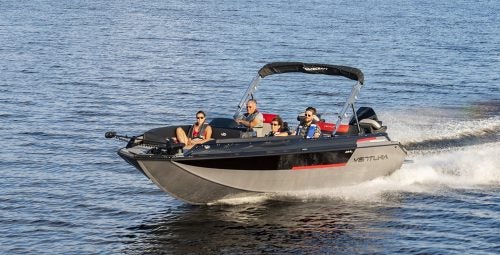 Princecraft Ventura 23 RL Review
Princecraft Ventura 23 RL Review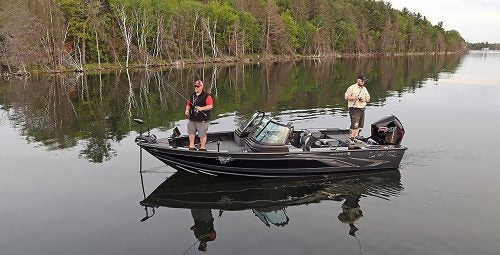 Lund 2075 Pro V Review
Lund 2075 Pro V Review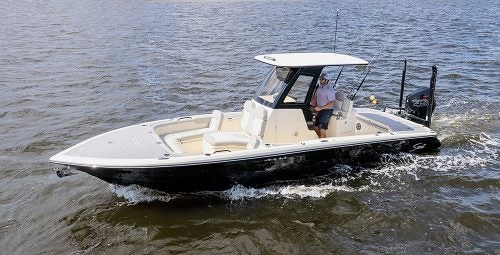 Scout 281 XSS Review
Scout 281 XSS Review Fuel Saving Tips For Boaters
Fuel Saving Tips For Boaters Best Boating Accessories
Best Boating Accessories Best Boating Apps
Best Boating Apps 5 Pontoon Boats That Are Made To Fish
5 Pontoon Boats That Are Made To Fish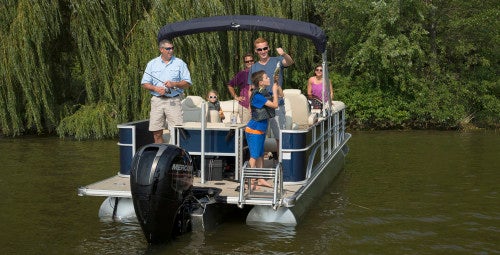 10 Great Small Pontoons
10 Great Small Pontoons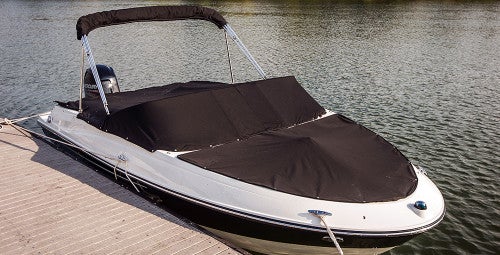 Your Boat Was Expensive—Do You Really Trust a $2 Rope From the Dollar Store to Secure It?
Your Boat Was Expensive—Do You Really Trust a $2 Rope From the Dollar Store to Secure It?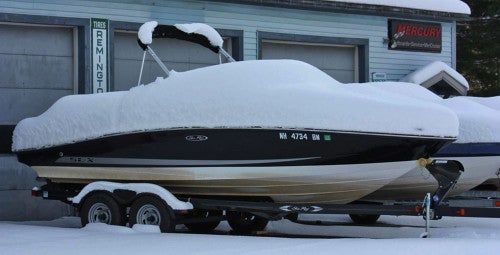 Do I Need Insurance Coverage Against Ice or Freezing Damage?
Do I Need Insurance Coverage Against Ice or Freezing Damage?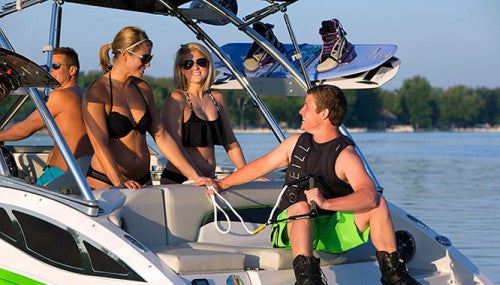 What Kind Of Insurance Coverage Do I Need?
What Kind Of Insurance Coverage Do I Need?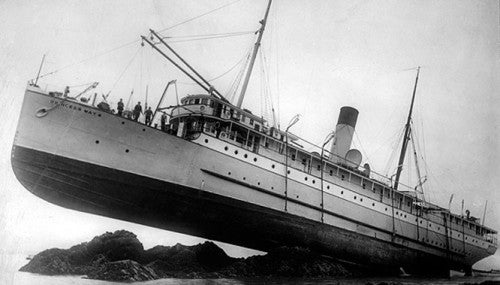 What About Salvage?
What About Salvage?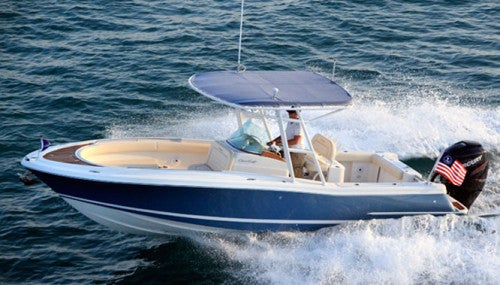 Boat Insurance or Yacht Insurance?
Boat Insurance or Yacht Insurance?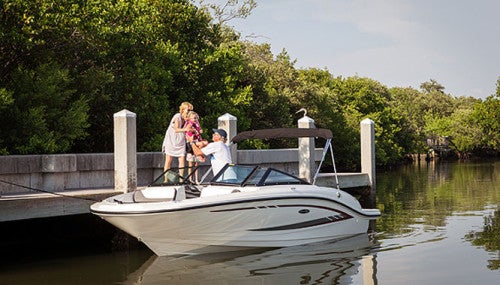
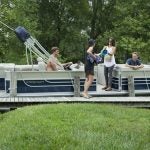
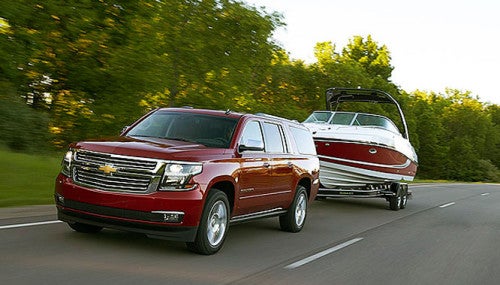

 The Best Bowriders For The Money
The Best Bowriders For The Money
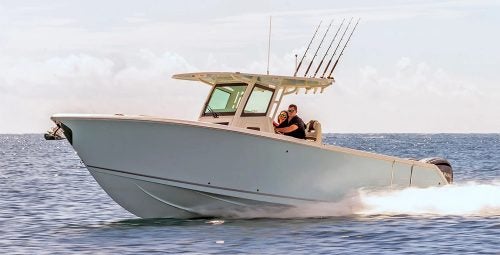 Sailfish 312CC Review
Sailfish 312CC Review
 The Wildest Concept Yachts
The Wildest Concept Yachts
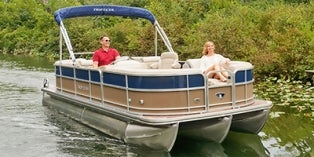 2016 Trifecta 200 Series 220FCR
2016 Trifecta 200 Series 220FCR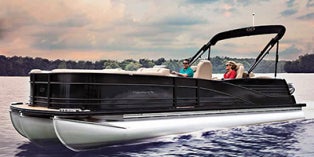 2016 Harris Grand Mariner SL 270 DL
2016 Harris Grand Mariner SL 270 DL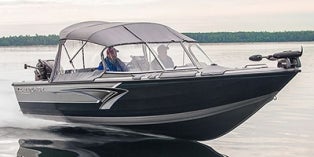 2016 Crestliner Authority 2050
2016 Crestliner Authority 2050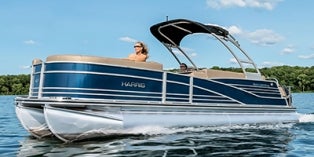 2016 Harris Grand Mariner SL 230 DLDH
2016 Harris Grand Mariner SL 230 DLDH
